
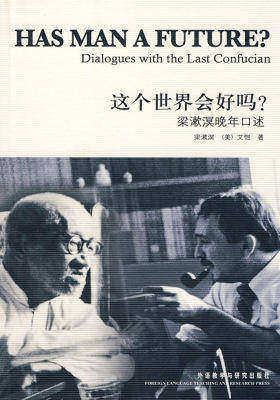
这个世界会好吗?梁漱溟晚年口述
¥27.00
Professor Guy Alitto of the University of Chicago is the author of The Last Confucian:Liang Shu-ming and the Chinese Dilemma of Modernity . In order to confirm the facts and make corrections to the parts of the book that are not fully accurate or complete,he visited specifically to have special interviews with Mr. Liang Shuming in August of 1980. They had over ten long talks.

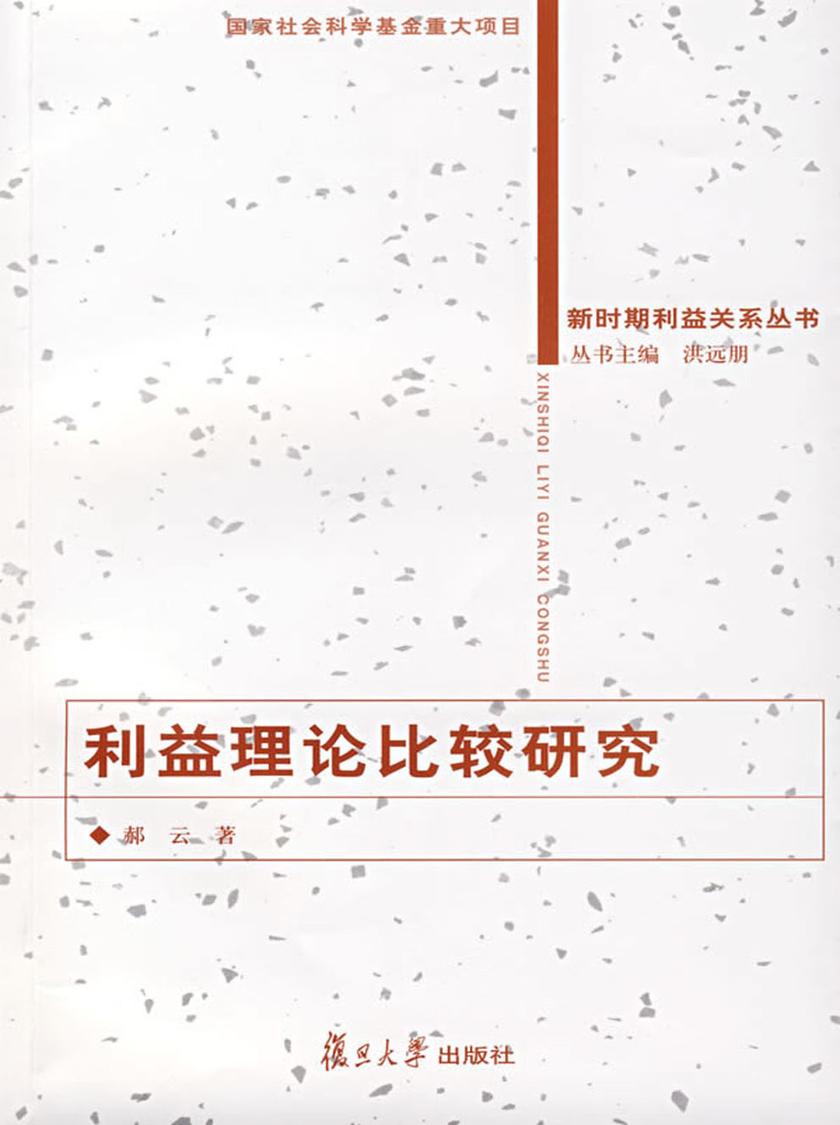
利益理论比较研究
¥15.60
本书共分七章,在导论主要阐述了研究的背景和意义、马克思主义利益理论与其他利益理论的区别以及中国共产党人对马克思主义利益理论的继承与发展。在随后各章中分别论述了利益理论的形成及分类,个体利益论,集体利益论,阶级利益论,国家利益论,以及社会利益论等。后,通过马克思主义的利益理论与中国传统的利益理论以及西方主要利益理论的比较,得出了几点启示。本书的特点是将马克思主义利益理论与中西方主要利益理论进行了比较,同时对十七大报告中有关利益的论述作了分析。

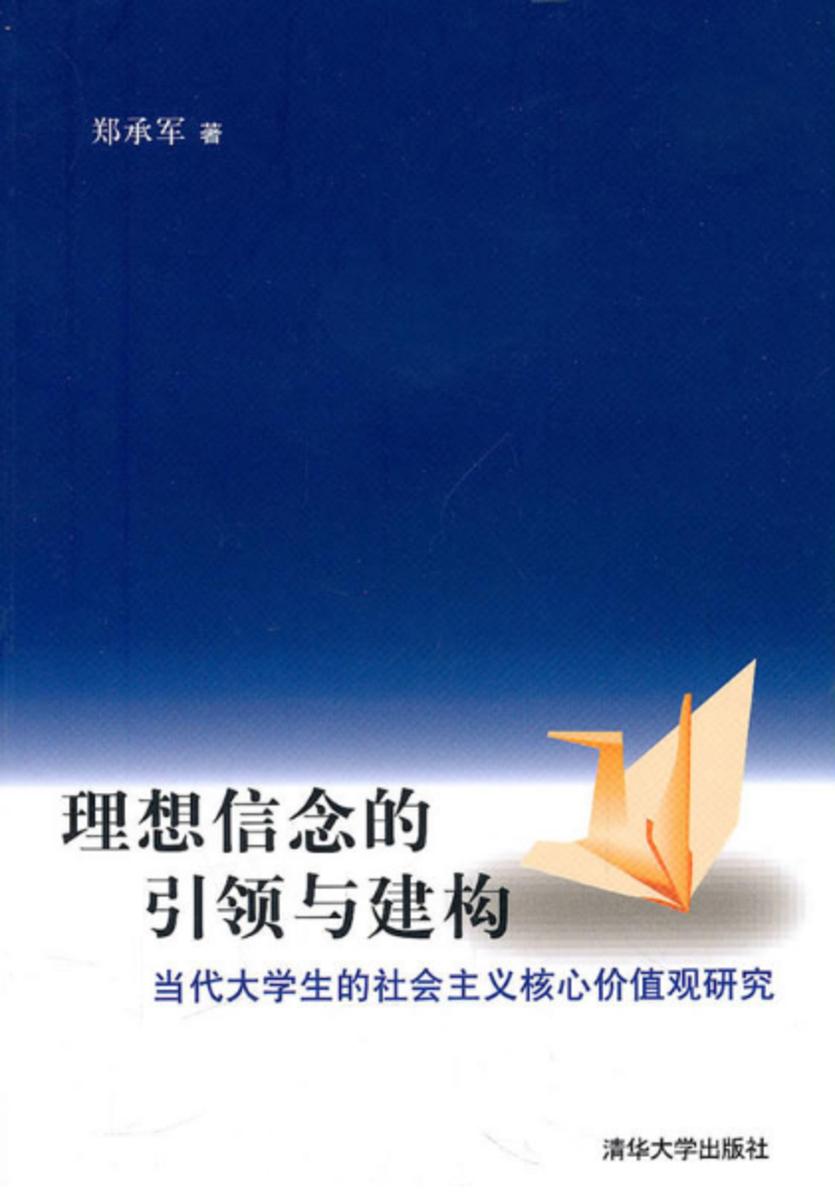
理想信念的引领与建构——当代大学生的社会主义核心价值观研究
¥10.99
本书从解读理想信念人手,通过对意识形态与价值观的内在关联分析,探讨理想信念的基本内涵,世界观、人生观、价值观的基本内容,分析理想信念、价值观与意识形态的关系。本书没有仅仅从传统的理想信念教育的角度抽象地进行说教,而是力图从学理上说明理想信念与价值观、意识形态的关系,从学术上说明理想信念的树立是意识形态的内在需求、核心价值观的必然要求。并对理想信念、核心价值从自发到自觉的形成过程、所受社会思潮影响、构建路径进行了阐述和分析。

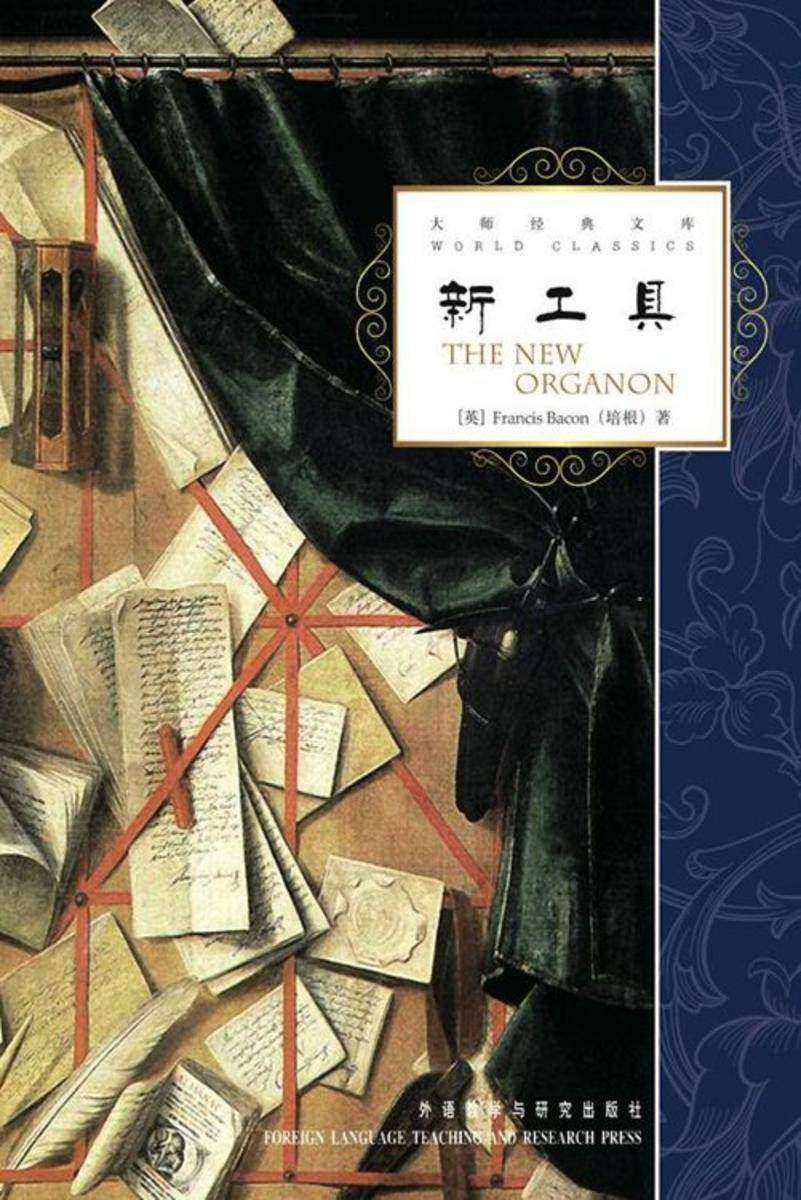
新工具(大师经典文库)(英文版)
¥6.54
These are the thoughts of Francis Verulam, and this ix the method which he desighed for himself;he believed that present and future generations would be better off if he made it known to them.

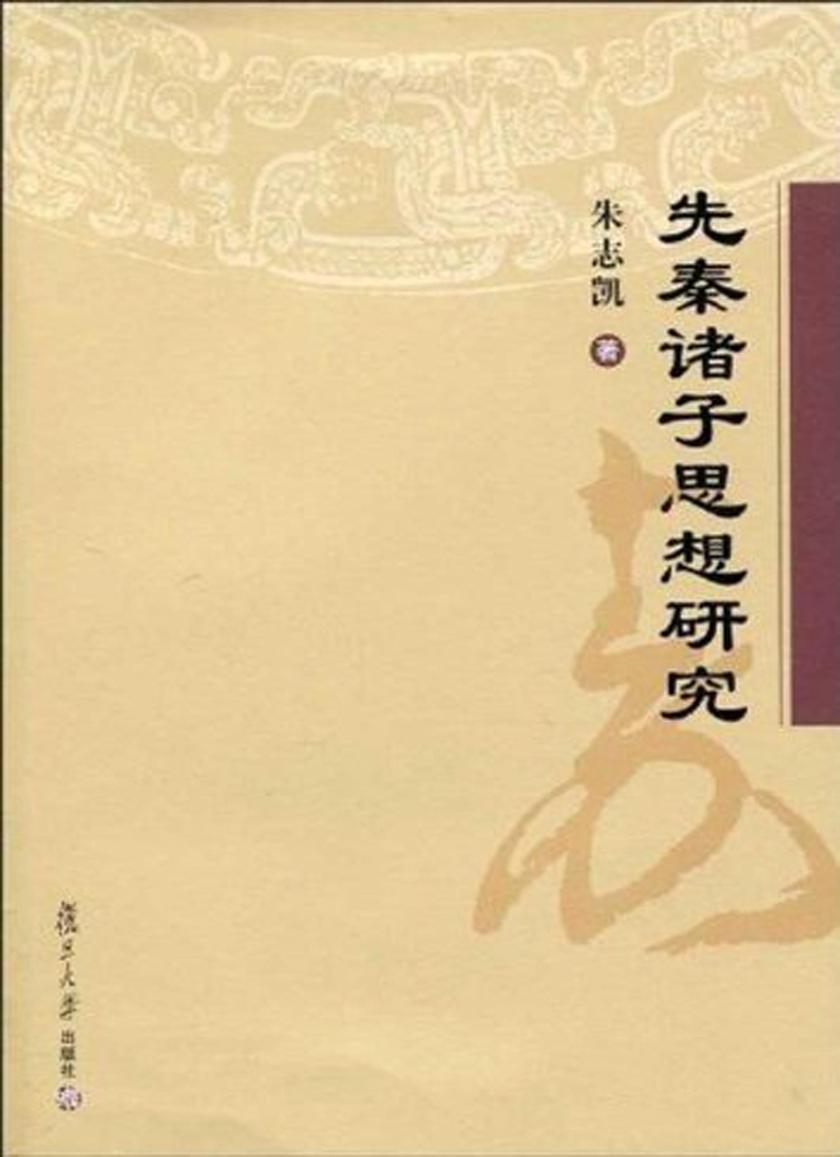
先秦诸子思想研究
¥18.00
《先秦诸子思想研究》汇聚了二十九篇论文,二十三篇是已发表过的,六篇为新作。一生中的粗文可能会扩张读者视野,如《论孔子逻辑思想在先秦逻辑史上的地位》等。自一九五六年我由中国人民大学哲学研究班毕业分配到复旦大学哲学系任教授,至本书出版,历经五十三年的学术研究,共有《逻辑与方法》、《新编逻辑教程》、《墨经中的逻辑学说》等八部拙作问世,以及五十余篇在全国报章杂志发表的浅文。

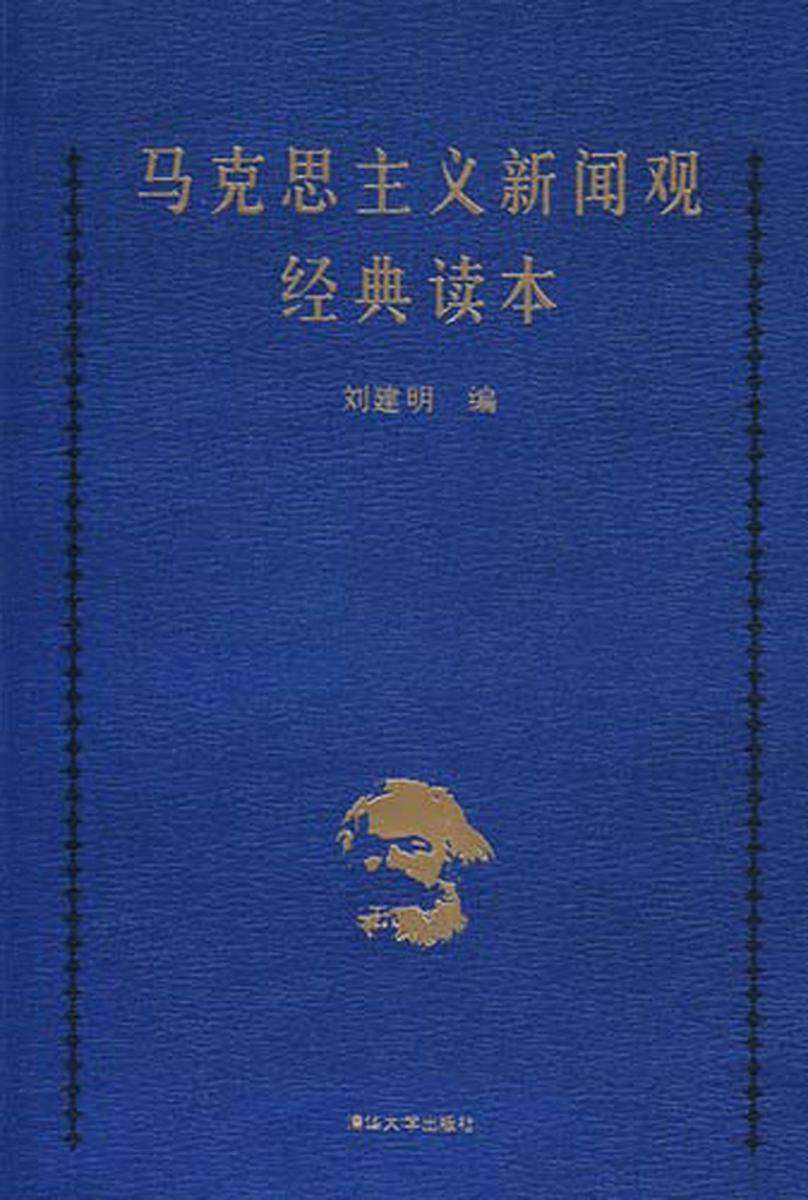
马克思主义新闻观经典读本
¥10.00
本书选录了马克思主义经典理论家和我国几代领导人关于新闻工作的重要论述,体现了马克思主义新闻观的丰富内容和重要观点,是掌握马克思主义新闻观的书籍。收录的大量篇章来自早发表的出版物和*的原著版本,其中绝大多数观点经受住历史检验,具有普遍的理论意义。本书每篇文献前都有内容摘要与点评,对把握新闻学原理具有重要的参考价值。

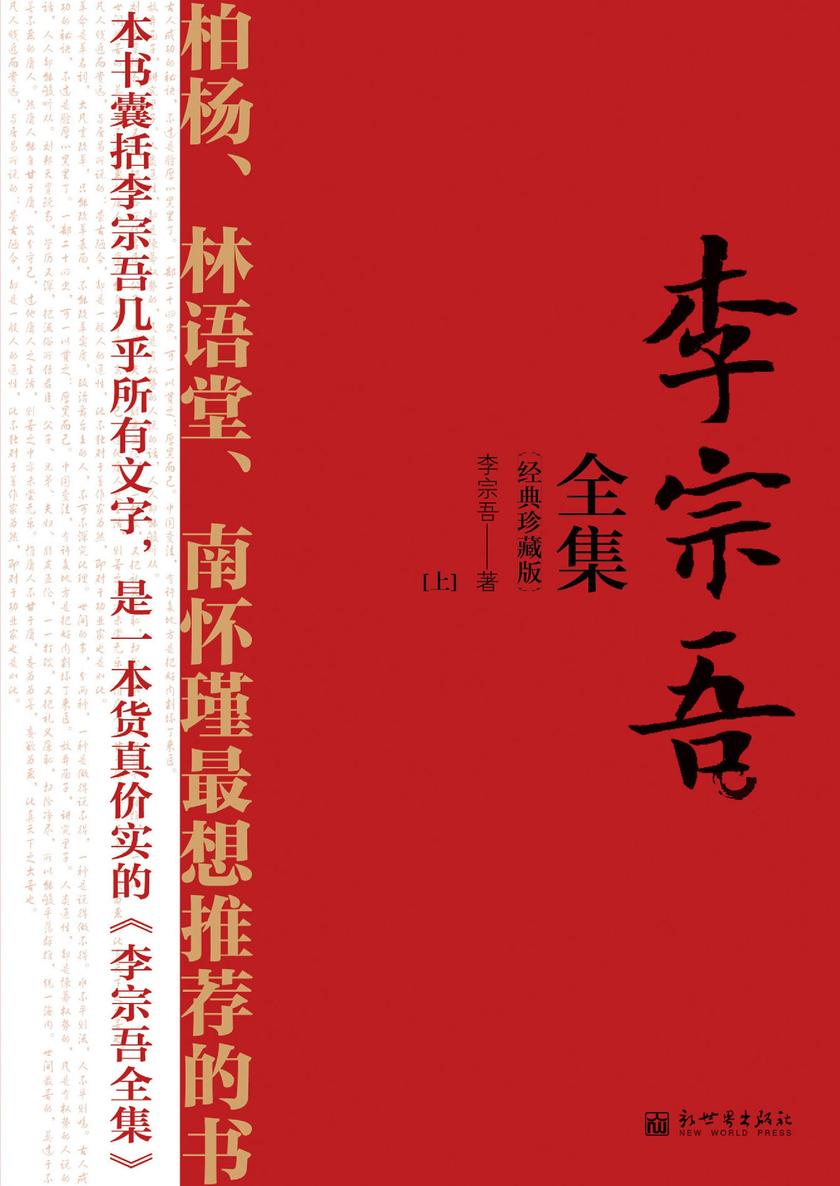
李宗吾全集
¥10.80
天下有很多奇缘的事,使人无法解释,柏杨先生之得来《厚黑教主传》,便属其中之一。这本《厚黑教主传》和《厚黑学》,都是绝版书,曾经托许多朋友代觅一读,以便大开茅塞,结果全归失望。不料前天忽然接寒爝先生电话,告曰:“你下午在家等我,我有一本好书可供你。”届时驾至,原来是他以五百元代价在书摊购得之《厚黑教主传》也。

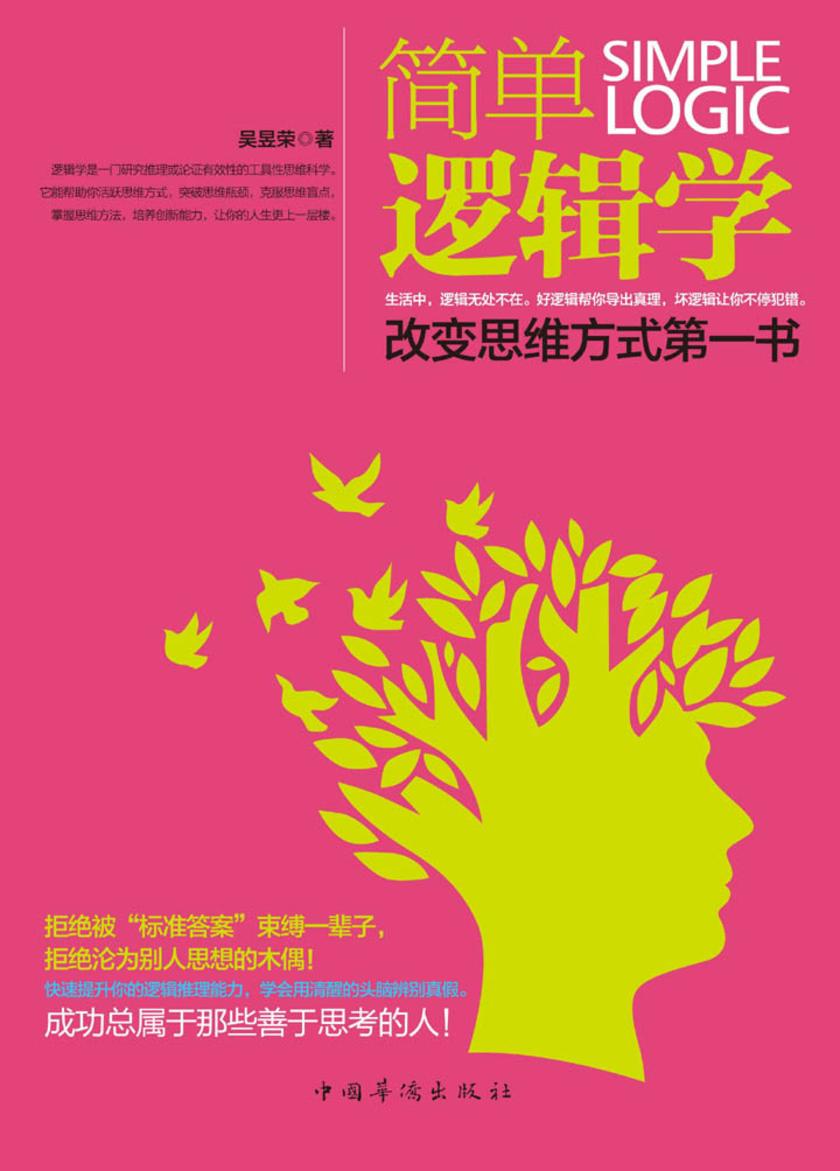
简单逻辑学
¥19.99
逻辑学有三大源流,它们分别是古代中国的名学(辩学)、古希腊的分析学和古代印度的因明学。不过,早期的逻辑学并不是一门独立的学科,而是隶属于哲学。

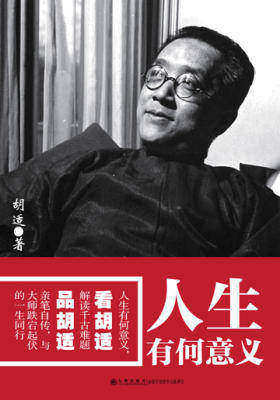
人生有何意义
¥9.81
1.明年是胡适逝世50周年,势必引发学界、思想界、人文界等纪念、讨论的热潮,而本书领潮流之先。同时胡适文风平白、思想深入浅出,一直深受读者欢迎。 2. 人生有何意义?看胡适解读千古难题。 3. 品胡适亲笔自传,与大师跌宕起伏的一生同行。 “人生有何意义?”其实这个问题是容易解答的。人生的意义全是各人自己寻出来,造出来的:高尚,卑劣,清贵,污浊,有用,无用,……全靠自己的作为。生命本身不过是一件生物学的事实,有什么意义可说?生一个人与一只猫,一只狗,有什么分别?人生的意义不在于何以有生,而在于自己怎么生活。你若情愿把这六尺之躯葬送在白昼作梦之上,那就是你这一生的意义。你若发愤振作起来,决心去寻求生命的意义,去创造自己的生命的意义,那么,你活一日便有一日的意义,作一事便添一事的意义,生命无穷,生命的意义也无穷了。总之,生命本没有意义,你要能给他什么意义,他就有什么意义。与其终日冥想人生有何意义,不如试用此生作点有意义的事?……——胡适

儒家
¥2.90
儒家是中国古代有影响的学派。做为华夏固有价值系统的一种表现的儒家包,并非通常意义上的学术或学派。一般来说,特别是先秦时,儒家学派也只是诸子之一,与其它诸子一样地位本无所谓主从关系。本书共分为:儒家学说的创立、儒家学说的流变与框架、经学——儒家的经典、理学——儒家学说的系统化、心学——儒家学说之变异、气学——儒家学说之转折和儒家学说与人生七个部分,深入浅出地对儒家精髓进行分析。

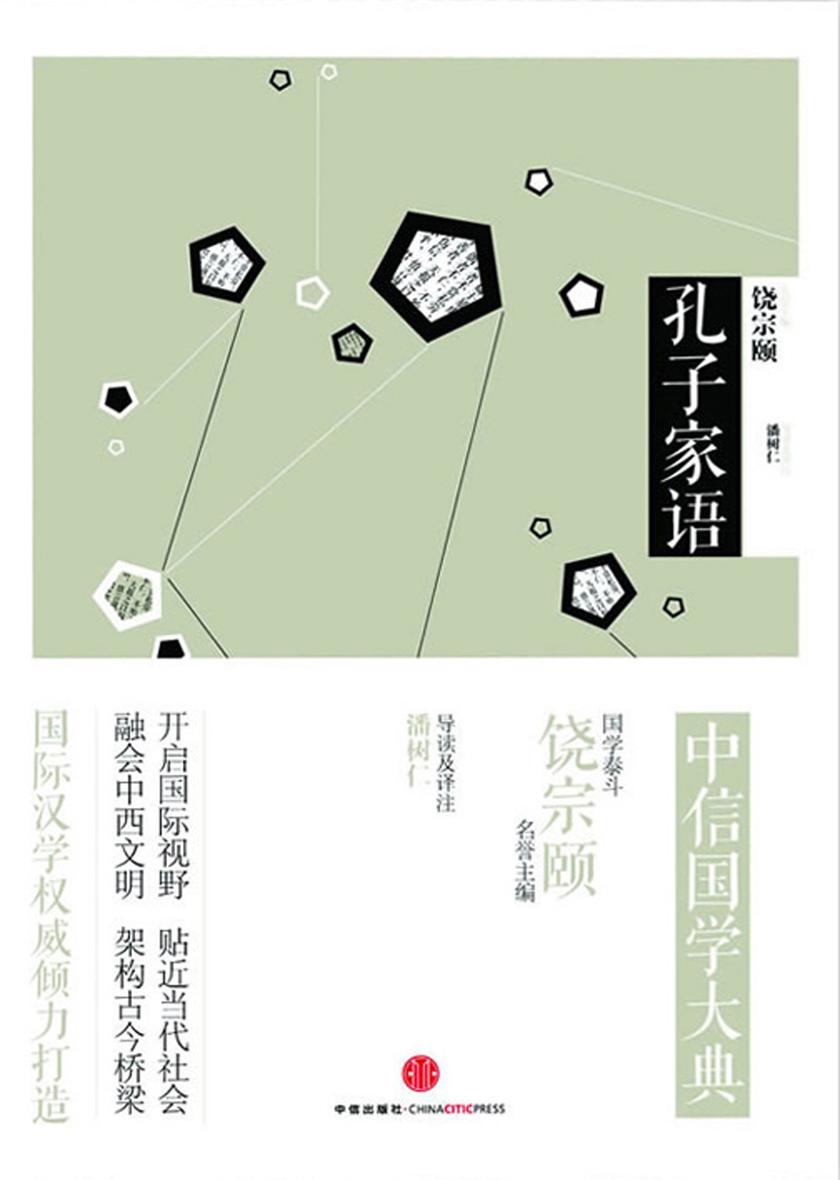
中信国学大典·孔子家语
¥16.99
【内容简介】中信国学大典(50册)是中信出版社引进自香港中华书局的一套深具国际视野、贴近当代社会的中华传统文化经典藏书。中信国学大典延聘国学泰斗饶宗颐为名誉主编,邀请海内外知名国学家担任经典的选编、导读及译注。中信国学大典既收录了《论语》、《老子》、《孙子兵法》、《孟子》、《庄子》等不可不读、不可不知的中华经典名著,也囊括了《周易》《史记》《三国志》《资治通鉴》《汉书》等耳熟能详的经典作品。“中信国学大典”之《吕氏春秋》,由何志华导读及注释,将古典哲思与现代社会生活结合,重点阐发其中蕴含的“贵生”思想,引领现代人感悟生命之义、珍惜生命,享受生命之趣。 《吕氏春秋》是战国末年秦国丞相吕不韦组织属下门客们集体编撰的杂家(儒、法、道等等)著作,又名《吕览》。此书共分为十二纪、八览、六论,共十二卷,一百六十篇,二十余万字。吕不韦自己认为其中包括了天地万物古往今来的事理,所以号称《吕氏春秋》。本书是《吕氏春秋》的选本。

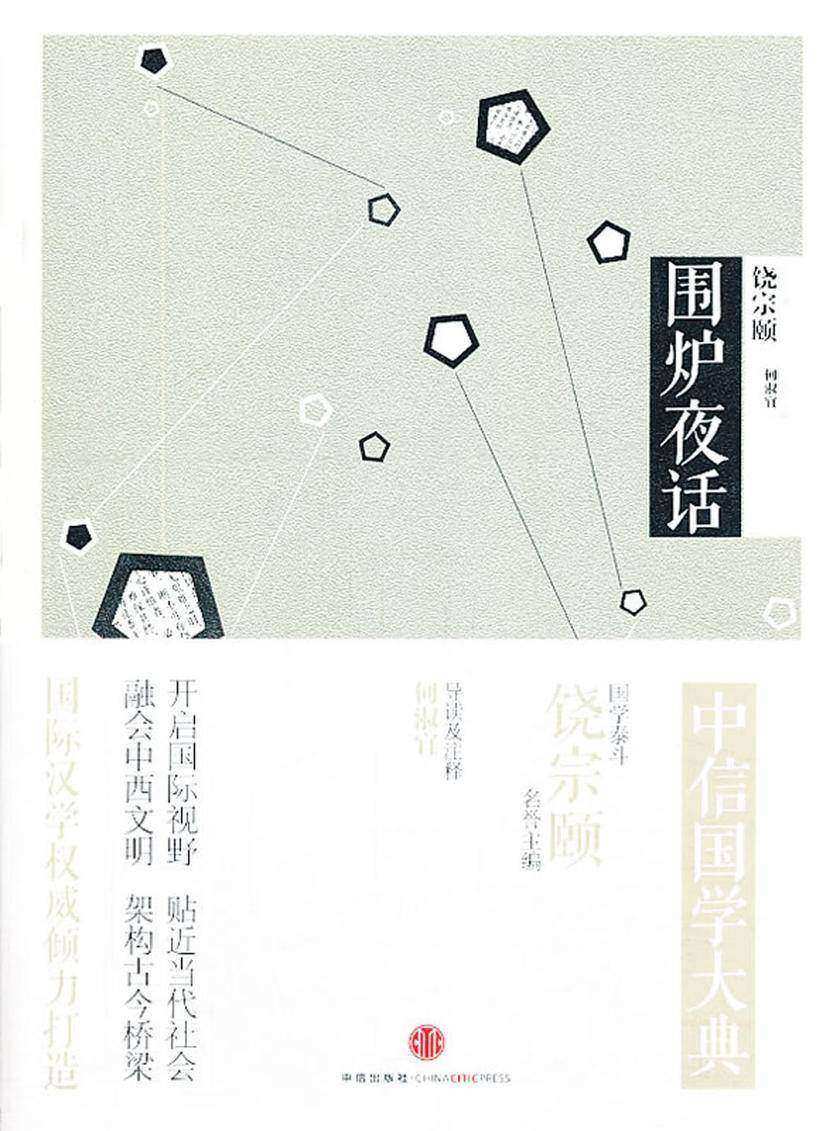
中信国学大典·围炉夜话
¥14.40
《围炉夜话》提倡一种以儒家伦理观念为指引,更俭朴、更严整的生活态度,以求挽救他所认为自清中叶以来,日渐松散的社会……了解书的意义是步,下一步则是借由反思,摸索个体与社会的互动模式,寻出当代的出路与价值。
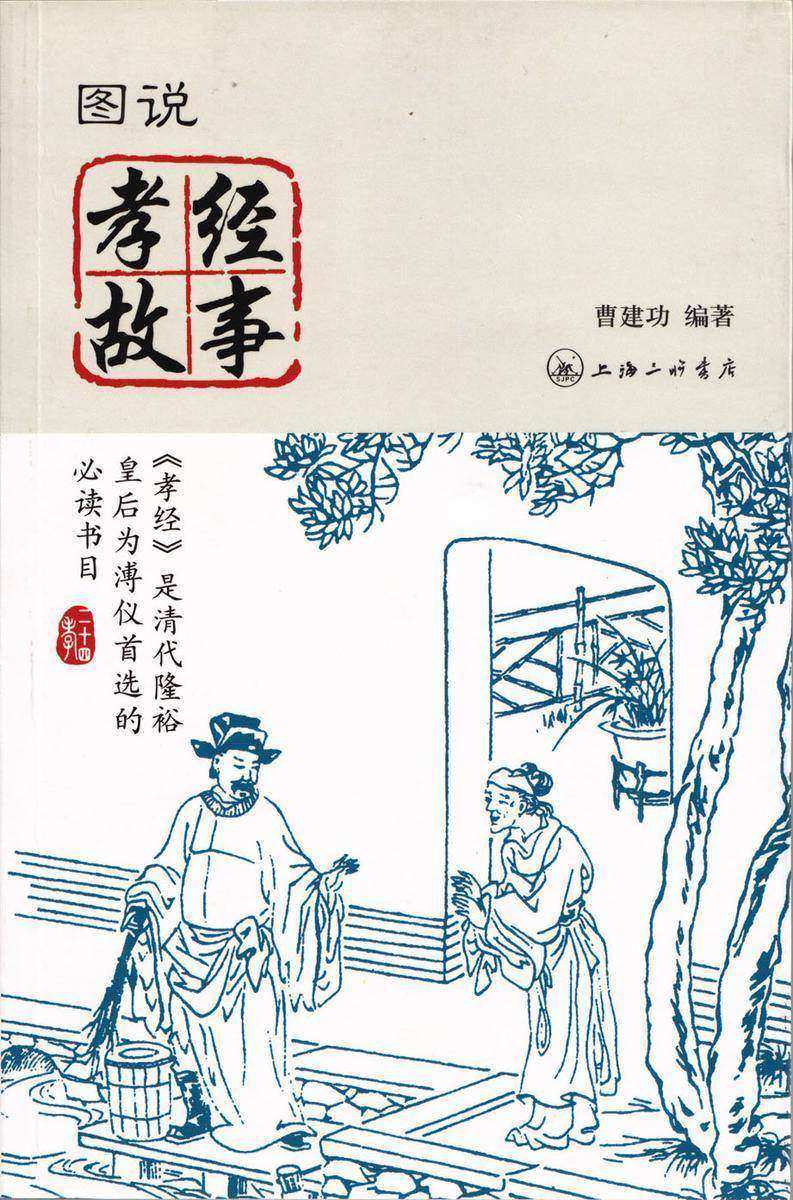
图说孝经故事
¥4.99
“二十四孝”初形成于元朝,千百年来广为传颂,故事中的主人公成为国人崇敬和争相效仿的楷模。这些故事形象地强化了“孝道”思想,使其深入人心,历代相传,成为中华民族的传统美德。
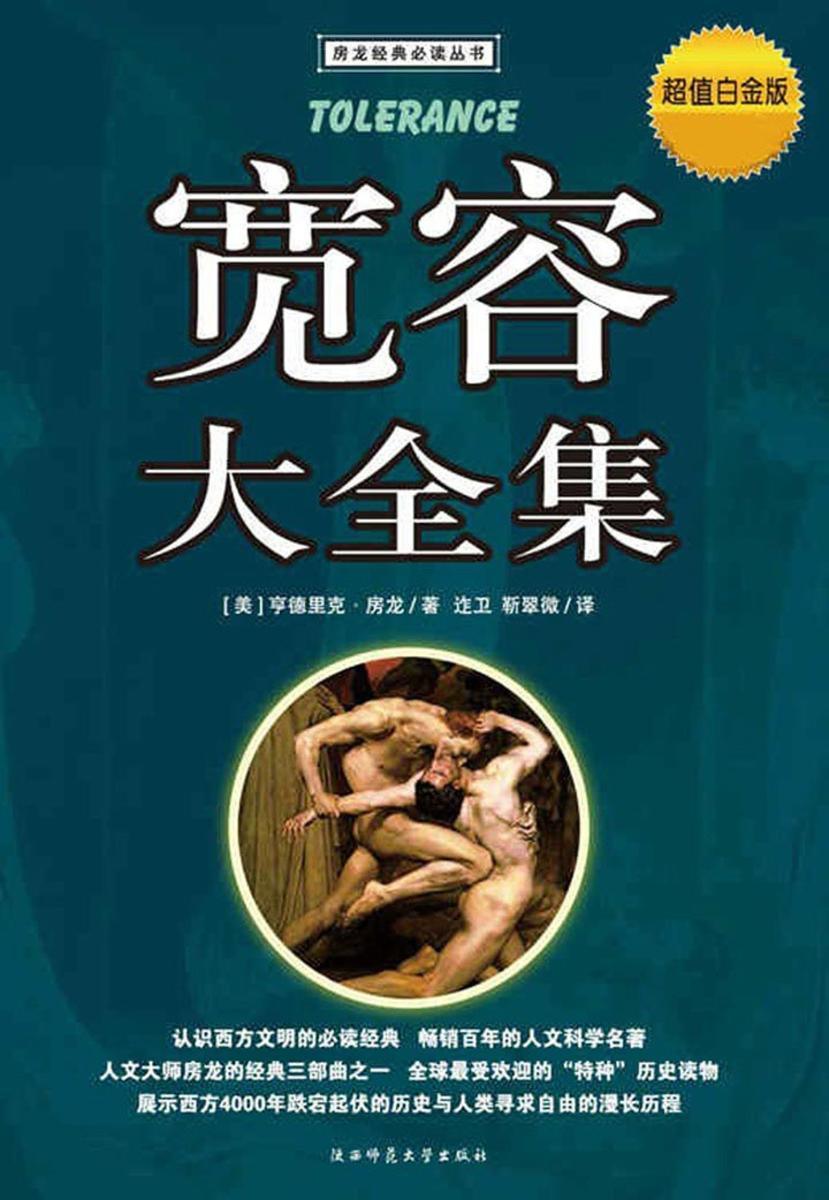
宽容
¥4.99
《宽容》是一本畅销近百年的通俗历史读本,作者房龙以深厚的人文关照及倡导思想自由的精神,解析了人类为寻求思想的权利所走过的艰辛历程,勾勒了一幅波澜壮阔的人类思想解放史。借助于房龙极其著名的“宽容” 之眼,让我们重新发现和更深入地认识,几千年来政治、宗教、文化、社会的曲折发展历史和人类寻求自身解放的漫长历程。

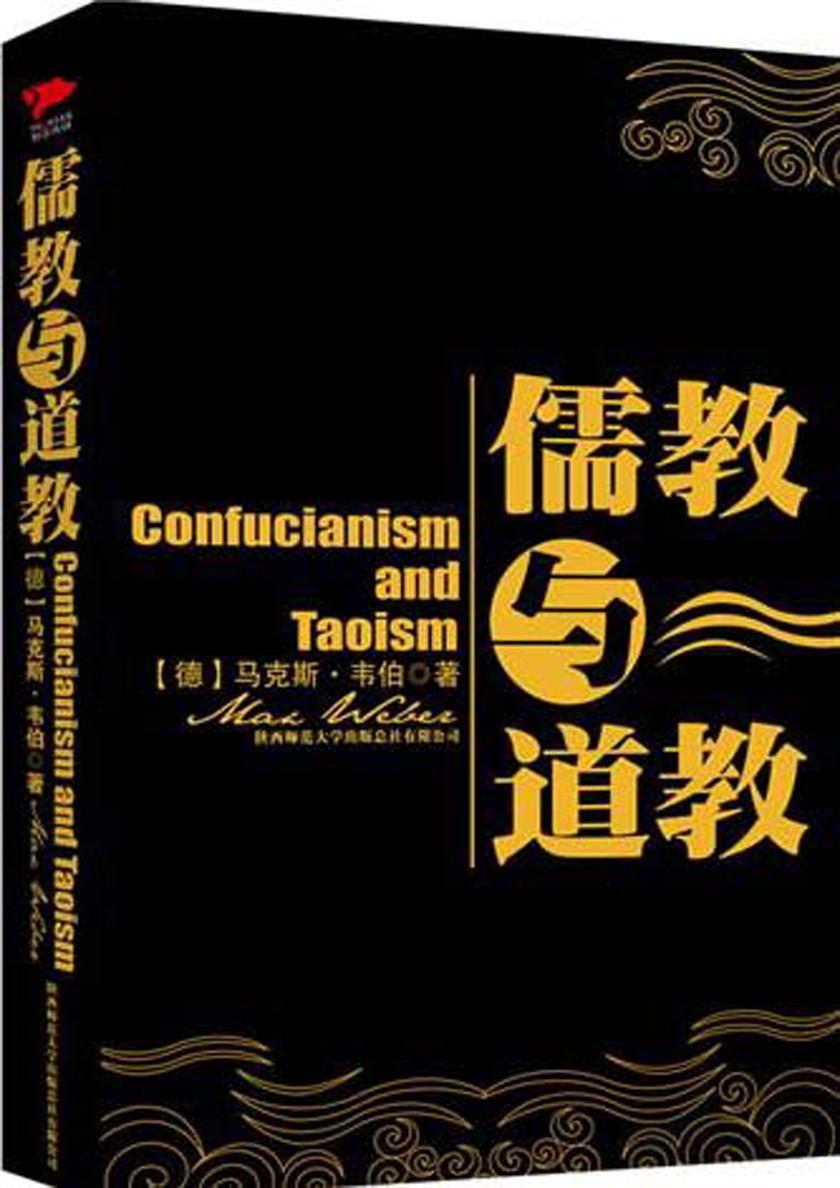
儒教与道教(当代社会学的传世经典,告诉你一个不一样的中国!)
¥9.90
当前世界上存在着四大文化区,即基督教文化区、伊斯兰教文化区、佛教文化区、儒家伦理文化区,前三大文化区都是以宗教为中心形成的,而以中国为中心的儒家伦理文化区,虽然其内部也存在宗教,但整个文化区的凝结核心却是儒家的伦理文化,一种以家庭文化为基础的文化。本书是马克思?韦伯即研究基督教文化的《新教伦理与资本主义精神》之后的第二部宗教社会学著作,书中以儒家伦理为核心,从社会生活的方方面面去论证儒家伦理对中国社会的影响,并与西方的新教相比较,试图去寻找中国在各种条件都好于西方的情况下,资本主义为什么没能发展起来的原因。
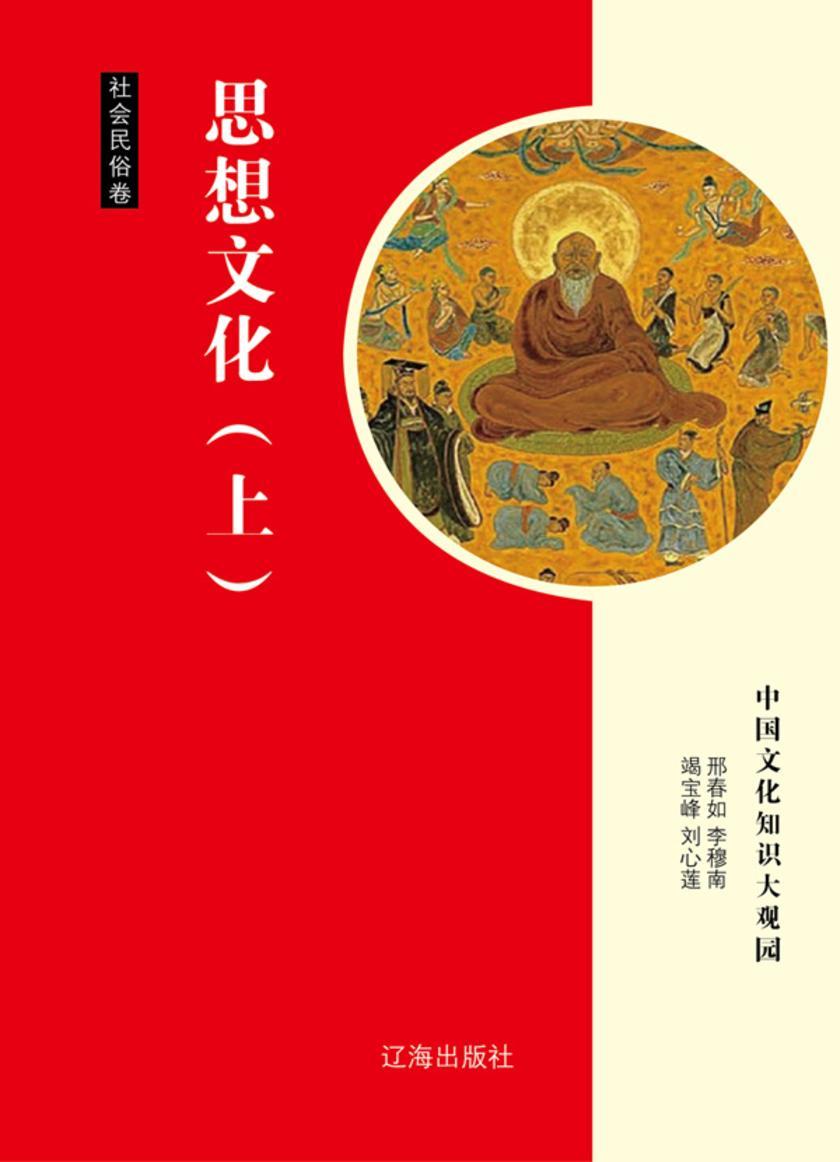
思想文化(上)
¥1.85
为了全面展现这一波澜壮阔的历史,本书用了近1200万字、4卷136分册的洋洋篇幅来记述。

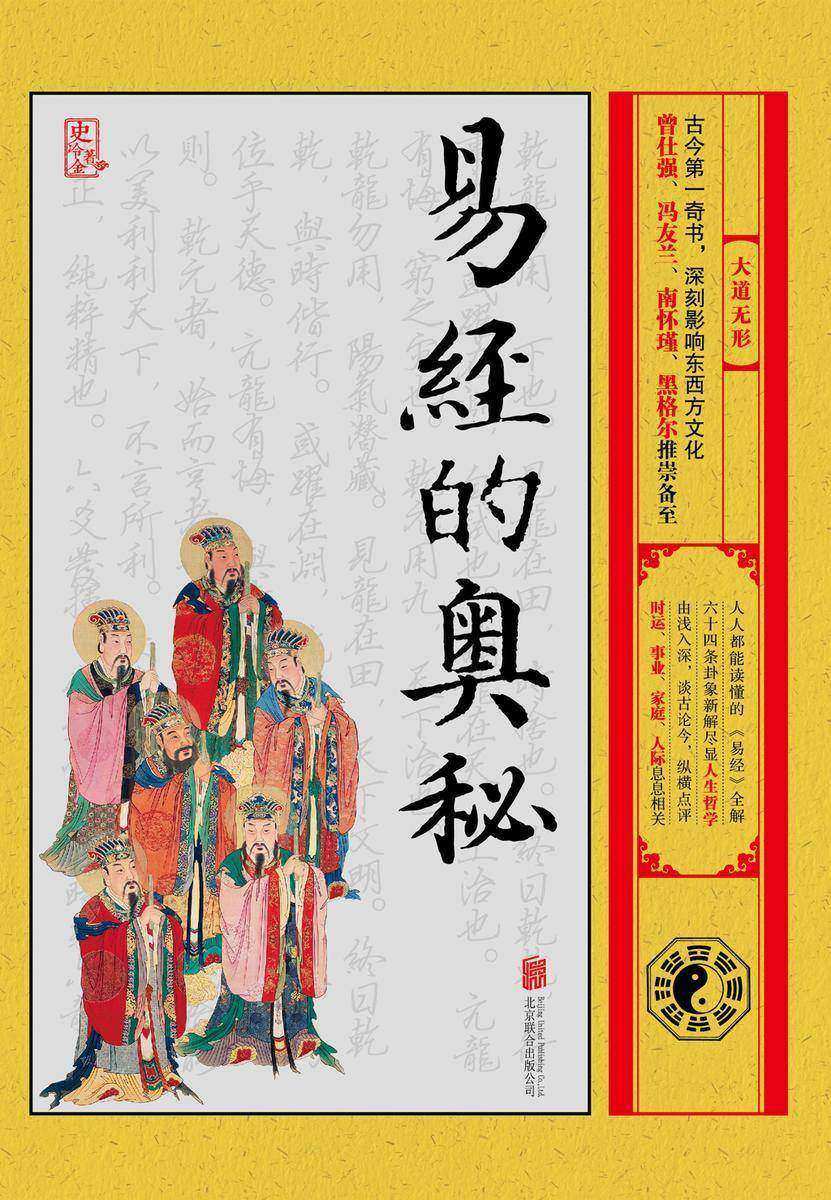
易经的奥秘:大道无形
¥15.99
本书是一部通俗易懂的《易经》读本,历史故事经典重现,深度诠释易学哲理,让你轻松把握为人、成事、兴业的奥妙玄机。本书从《易经》64卦的本意出发,生动而具体地讲述了如何修身养性、立身处世、把握与人交往的分寸,成功开创和发展事业,极具实用性和趣味性,是一部不可多得的大众读本。

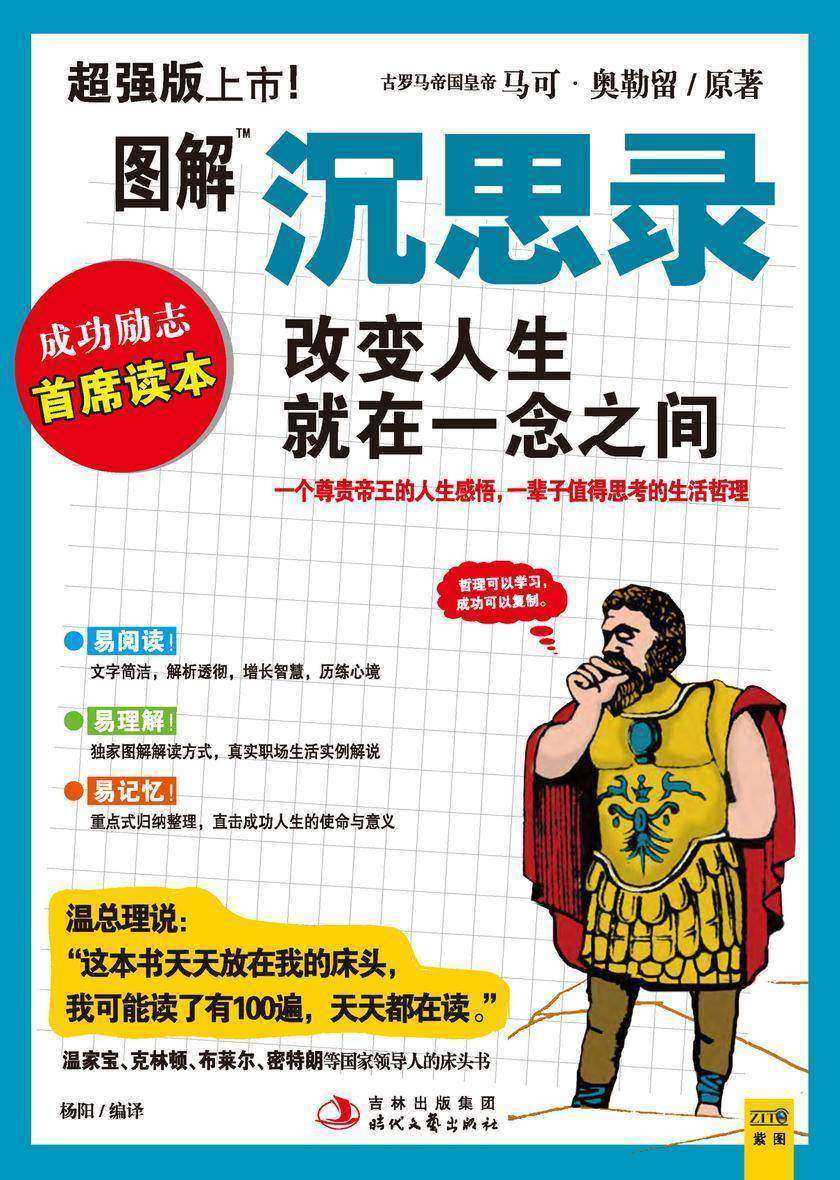
图解沉思录
¥8.99
《沉思录》以希腊文写成,共12卷,属于马可·奥勒留的语录笔记,是写给自己的心灵独白、对人生及社会的感悟和认知,处处闪烁着人生哲理及管理智慧。本书摘录各卷精华,以原著为依据,辅以轻松易懂的故事或寓言,解读原著所蕴含的精华,帮助你更容易领略原著的思想精神。在现实生活中思考和应用,领悟人生哲理,以冷静达观的心态体验艰难生命中的美妙。

人性奇学
¥3.34
人性奇学(春秋)孔子。


周易与人生智慧
¥17.99
《周易》是我国一部重要的经典文献,为中国文化提供了丰富的精神资源,包含着珍贵的人生智慧。本书从卦象符号直读入手,通俗解读《周易》,结合历史与现实,对经义的深层内涵与广义外延充分加以挖掘和拓展,以凸显《周易》中深藏于内的为人处世之精髓、智慧生活之法则。

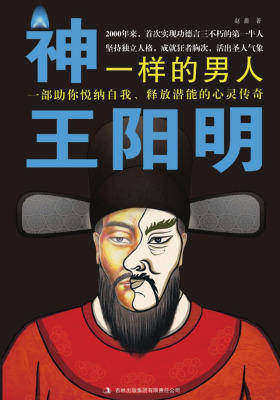
神一样的男人王阳明
¥5.00
王阳明,明宪宗成化八年(1472)出生于浙江余姚。死后,他被拉入了孔庙中,成为了中国第53位圣贤。和所有圣贤一样,王阳明的出生也不能免于俗套。就在他降生之前,王阳明的祖母梦到了有位神仙藏身于祥云之中,给她送来了一个孩子。当她梦醒时,正好传来了儿媳生下孙子的喜讯。




 购物车
购物车 个人中心
个人中心



